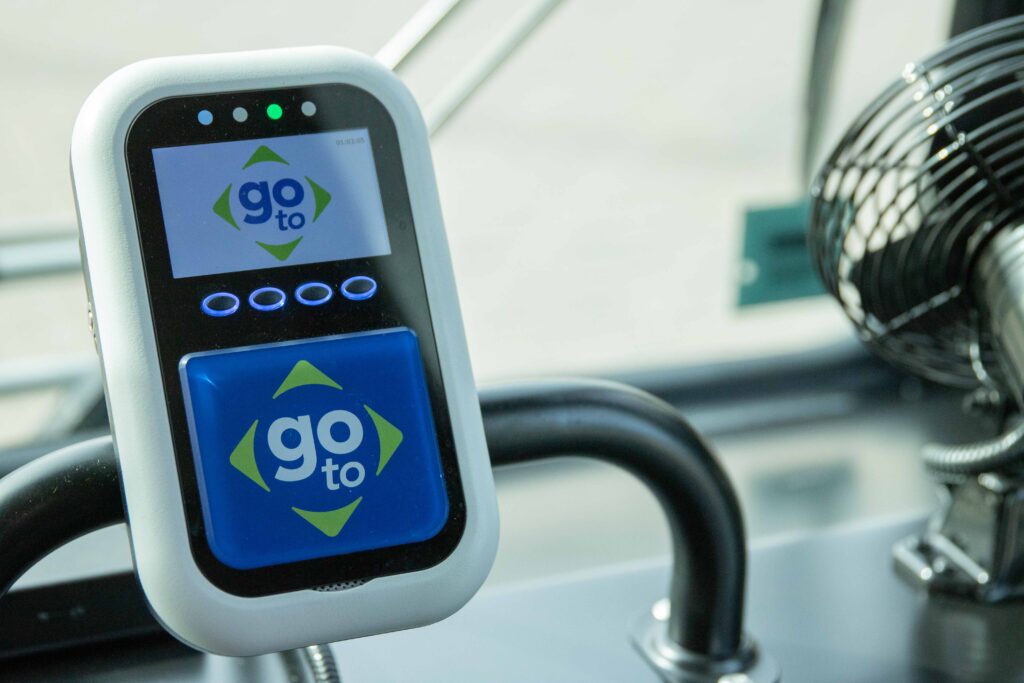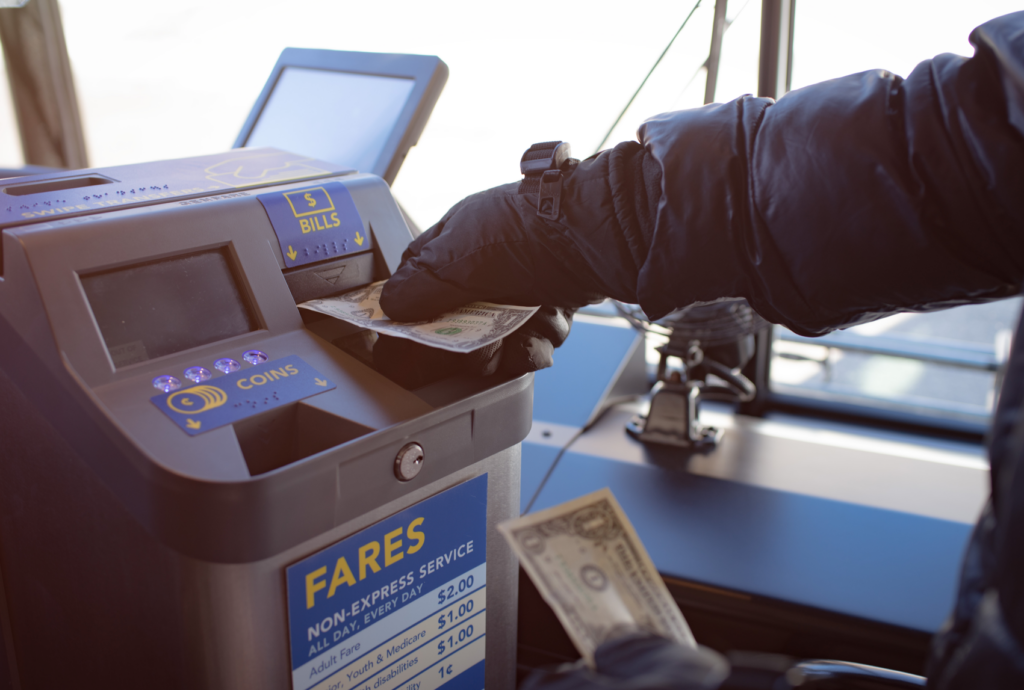Financials



Business Plan
As a steward of public investments, MVTA seeks to operate its services and programs in the most efficient ways possible. To this end, MVTA will seek to ensure that staffing levels are maintained appropriately and service will continually be evaluated to assure a meaningful return on investment. MVTA will measure, improve, and be accountable for environmental, financial, and social results. MVTA will capitalize on new funding opportunities and focus on enhancing transit access to low-income housing developments and deploy transit service as a means to achieving local goals related to gaps in equity. To offer transit services, the agency must have sufficient funding resources to maintain existing services and to advance the mission of the organization into the future. Financial stability and resiliency in the face of financial change is crucial. Currently MVTA’s structure of funding is reliant on large blocks of funding from federal, state, and local sources. Volatility in any of these sources can lead to instability for the entire system. In effort to continuously improve and invest in our system and services, MVTA will position itself to pursue government grant opportunities that advance the mission and vision for the agency’s future. MVTA will align service levels with operating funds and identify additional and innovative funding opportunities. Our high-performing workforce includes the people who provide quality service, monitor safe operations, assure financial stability, and advocate for transit-friendly legislation and regulation. MVTA needs a quality workforce to meet the challenges of providing bus transit in the service area and upgrading current services to higher levels as the region grows and travel needs change. Consistent with the MVTA Sustainability Plan, the agency will support and serve transit-oriented development and work with its partners to encourage transit supportive land use and design. MVTA will also champion the “circular economy” by reusing materials and sourcing goods from sustainable sources.
Funding Summaries
Operating
The Minnesota Valley Transit Authority (MVTA) relies on three main sources of revenue: Intergovernmental Funding, Passenger Fares, and Others. Intergovernmental Funding, primarily from the Motor Vehicle Sales Tax, is the largest and ensures a stable financial base for MVTA. Passenger Fares, reflecting ridership levels, contribute to service enhancements based on public use. The “Others” category includes investments, advertising revenue, and various programs, offering additional resources. Together, these sources create a balanced financial foundation, enabling MVTA to effectively manage and expand its public transportation services.
Capital
The Minnesota Valley Transit Authority (MVTA) secures its capital funding through a diverse array of sources, each contributing to the development and enhancement of its transit infrastructure. A significant portion comes from the 5307 Funds, federal grants designated for urban transit systems under the Federal Transit Administration. The Met Council also allocates funds to support regional transit projects. In addition, MVTA benefits from Grant Funding for specific initiatives, Regional Solicitation Funding for competitive projects, and Legislative Funding provided through state legislative actions. This multi-faceted approach ensures a robust financial framework for capital improvements, helping MVTA to expand its services and upgrade its facilities efficiently.